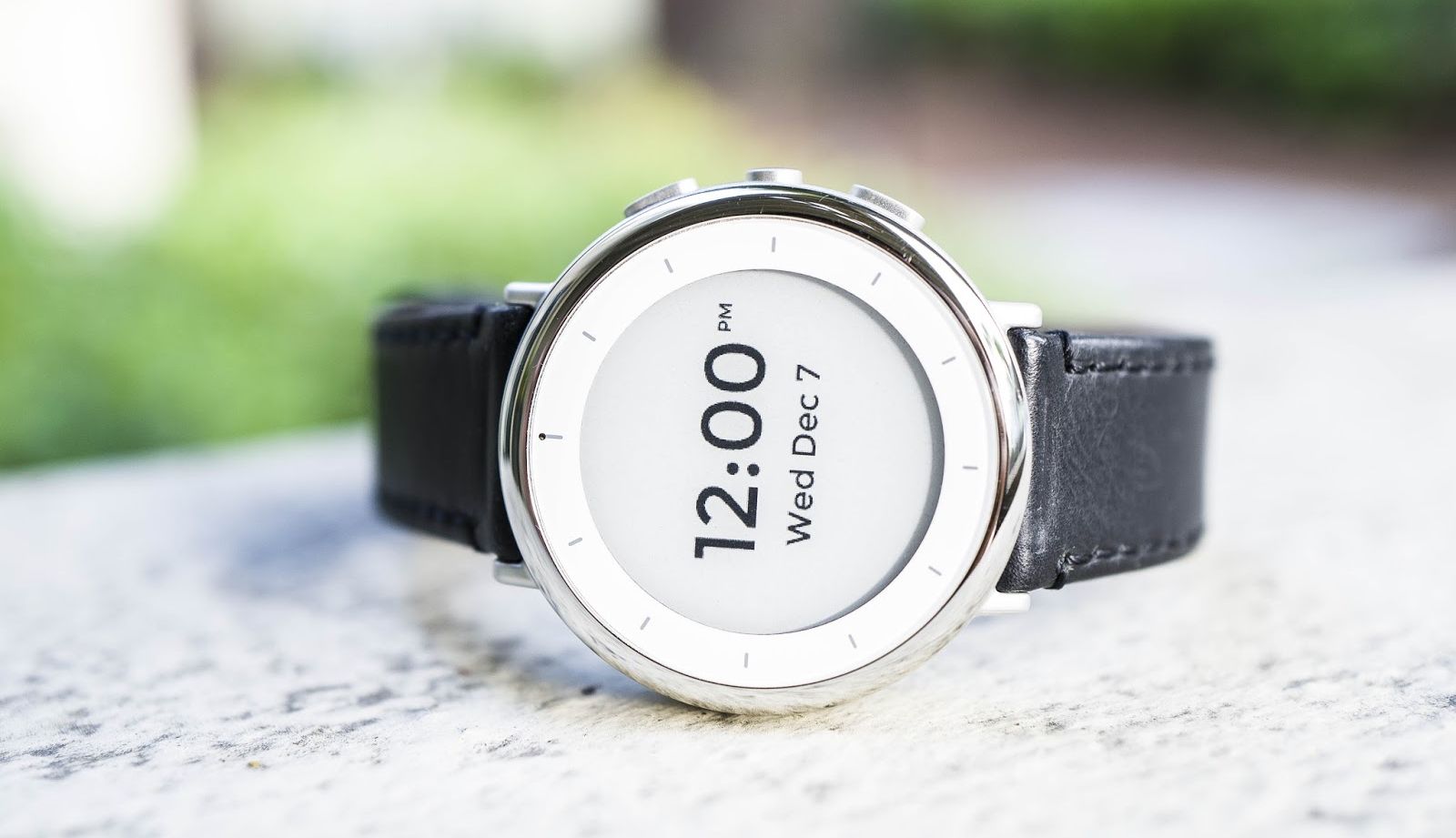Affiliate links on Android Authority may earn us a commission. Learn more.
Future Google Android phones might be able to screen your blood
Google’s recent acquisition of the health start-up Senosis Health might be the beginning of a telemedicine revolution.

Samsung has long been at the forefront of bringing health-related features to its flagship devices – not only do its high-end smartphones offer a built-in heartrate sensor, but they also tell you things like oxygen saturation levels through the company’s proprietary heath app. However, these features, as well as all other mobile health services available right now, remain more of a gimmick than anything else. Well, with Google’s recent acquisition, this might soon change.
GeekWire exclusively reports that Google has agreed to buy a Seattle health start-up called Senosis Health, founded by Shwetak Patel, a University of Washington computer scientist. This isn’t the first time that Patel has scored big in terms of acquisitions: back in 2015, he sold his WallyHome sensor technology to Sears for an undisclosed amount of sum.
You could gather data that might indicate signs of lung diseases, certain tumors, kidney problems, and nutritional deficiency, wherever you are and whenever you want.
As you see in the video above, Senosis Health uses the phone’s camera, flash, microphone, and accelerometer to monitor and measure hemoglobin counts. In other words, you could gather data that might indicate signs of lung diseases, certain tumors, kidney problems, and nutritional deficiency, wherever you are and whenever you want. Those data can then be transmitted to and monitored by your primary doctor, reducing the amount of unnecessary hospital visits. That’s particularly useful for people who live in remote areas or who have difficulty traveling. Of course, Senosis Health’s broader application will depend on its accuracy, but it might have important implications for telemedicine.
Google’s Verily division is reportedly in charge of the continued development of Senosis, and Patel’s hope for his app seems to resonate Verily’s mission statement, which aims to combine data science and healthcare innovations in order to help prolong people’s lives:
Those sensors that are already on the mobile phone can be repurposed in interesting new ways, where you can actually use those for diagnosing certain kinds of diseases.
It might be a while until we see Google implement Senosis’ technology into its Android phones or even smartwatches (if at all), but its recent acquisition is any indication, the search giant’s effort to revolutionize healthcare – especially in the US – hasn’t stopped yet.
What are your thoughts on telemedicine? Do you think Senosis Health is a gimmick or a game-changer? Let us know by leaving a comment below!